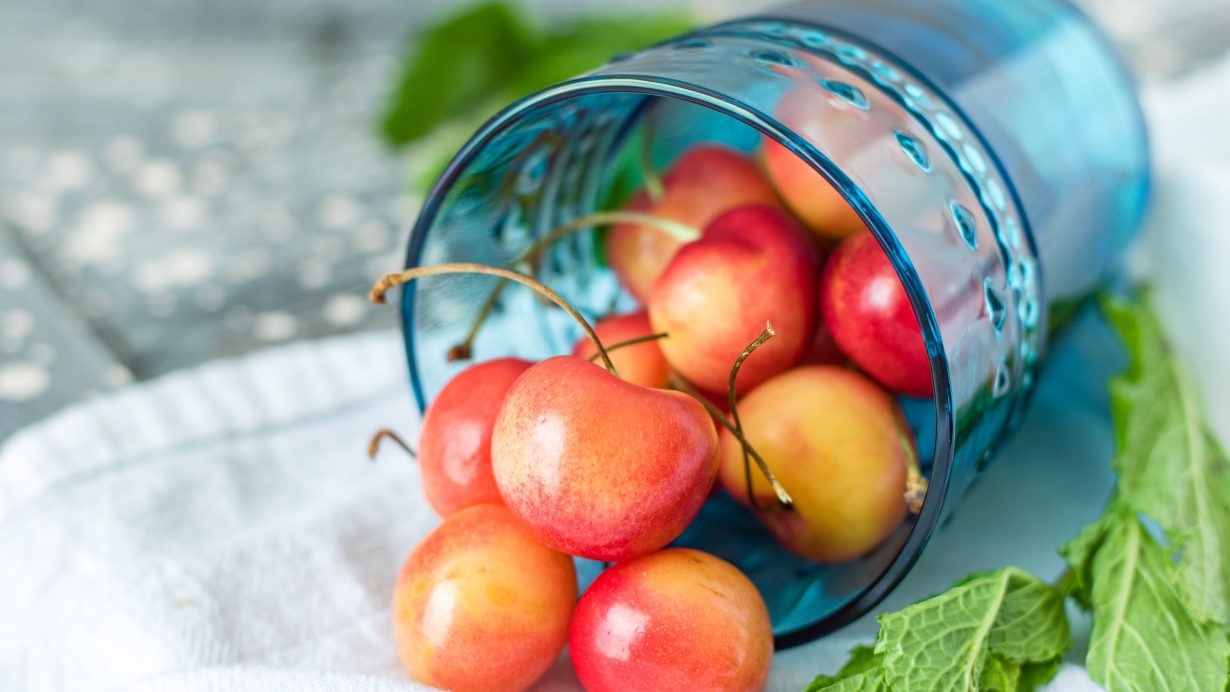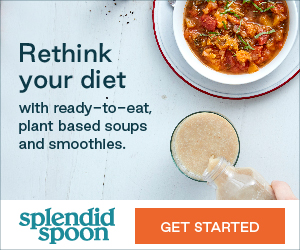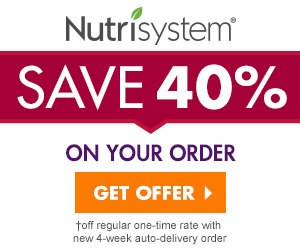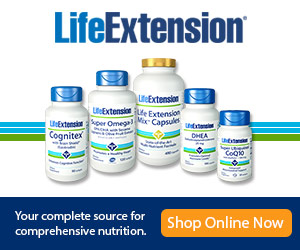There are many benefits to the Plant-Based Diet. Before we delve into that let’s look at macros and micros of the plant-based diet.
Macros and Micros of a Plant-Based Diet
Being on a plant-based diet is not about mindlessly eating vegetables and fruits and assuming that you’re getting all the nutrients you need. You must pay attention to your meals to know if you’re getting all your macro and micronutrients.
Before going any further, it’s important to establish that not all calories are made equal. Getting 100 calories from a candy bar and 100 calories from a serving of sweet potato may look the same on paper. However, common sense will indicate that the candy bar is doing your body harm while the sweet potato is good for you.
The calories are just one factor. How your body reacts to the food is another. The candy bar may spike your blood sugar levels and cause weight gain. The sweet potato will just nourish your body and give it fuel. Big difference.
That just means one thing – you need to make your calories count. Even on a plant-based diet, you have a daily caloric intake number to meet. You can find that number here:
The next step is to ensure that you’re getting your macros and micronutrients in the right proportions to meet this number. Initially, it may be a little confusing as to how much of each food you should eat. However, after a while, it’ll become second nature to you.
As far as micronutrients go, making yourself different types of red juices and green juices should give you all the micronutrients your body needs. Juice vegetables and fruits such as celery, kale, apple, parsley, cucumber, tomatoes, berries, pineapples, beets, cranberries, carrots, lemon, watermelon, etc.
Just by juicing alone, you’ll have a ton of micronutrients in your diet. Drink a different juice daily. You can find a ton of recipes online to help you with this. The goal is to keep things simple but also keep your juices varied your juices so that your body gets all the micronutrients it needs.
You can get your healthy fats by using extra virgin olive oil or cold-pressed coconut oil in your dishes. Read more on coconut oil here. A tablespoon of coconut oil in your coffee will give you a healthy dose of natural fats. Adding ground flaxseed, chia seeds, avocados, walnuts, pumpkin seeds, etc. in your diet will give you the healthy fats you need.
As for proteins, rest assured that vegetables are just as effective as meat to meet your protein needs. In fact, many vegetables contain more protein than meat does. Nuts such as cashews, almonds, walnuts, Macadamia nuts, etc. contain a lot of protein. Beans are great too. Green beans, black beans, white beans, chickpeas and lentils are rich in protein too.
You can also get your protein from greens such as broccoli, kale, chard, spirulina and chlorella. Sprouts, soy, seeds and even pumpkin or almond butter are rich in protein. All these plant proteins are all that your body needs to stay strong.
The fact of the matter is that you can have a very healthy and balanced diet just by eating plant-based foods. Do your research and make a list of all the different types of vegetables, seeds, nuts and fruits that meet the different macronutrients.
You can plan your dishes so that you’re getting a good mix of macronutrients from different sources. Your meals will be healthy, tasty and rewarding when you put in the extra effort.

Important Points to Observe When on a Plant-based Diet
There are many rewarding benefits that can be reaped when you’re on a plant-based diet. However, you’ll only start seeing and feeling these benefits after 3 to 5 weeks. It takes time for the body to adapt and wean itself off the foods it’s addicted to.
When following a plant-based diet, while it is simple in nature, there are important points that you must be aware of. Many people overlook these points because they’re so focused on the foods they eat that they neglect everything else.
Below you’ll find important points that you should take note of.
1. Stay hydrated
The plant-based diet aids in detoxification. When you’re on this diet, your body will start losing fat and the toxins stored in these fat cells will be released into your body. Staying hydrated and drinking enough water will ensure that your body is able to flush out these toxins much more effectively. When it comes to water consumption, you need to spread it out throughout the day. Drinking 2 liters in the morning and 2 at night is not going to cut it. You’ll need to drink a glass of water at regular intervals. However, avoid drinking water prior to meals because you’ll be diluting your stomach acids.
2. Ease into diet gently
When it comes to making positive changes, many people are very gung-ho about it and try to make changes overnight. They want to see fast results, so they decide to be ‘hardcore’ about it.
Usually, the body has a mind of its own. You’ll notice that you have very strong food cravings and also experience mood swings and other symptoms if you make a sudden change. It can be a struggle and this is where most people quit.
Doing things too fast also means that you’ve not taken the time to truly understand what you’re doing. When you do things systematically with an understanding of what you’re doing, you’ll understand the value and importance of your goal.
It’s best to ease into the diet gently. Slowly aim to reduce your consumption of meat, processed foods and other junk food. In this way, you’ll give your body time to adapt and get used to the new diet. Slow and steady wins the race.
3. Intuitive eating
Always ask yourself how you feel before eating. Are you eating because you’re hungry, or are you just bored? When you crave for foods rich in sugar and fat, you should ask yourself if your decision will help you or hurt you.
Just taking a step back to analyze your decisions will help you greatly in making the right ones. Eat slowly and always stop when you feel 75 percent full. It takes a while for the brain to register that the stomach is full.
4. Supplements
It can be difficult to get all the vitamins and minerals you need while on a plant-based diet. Your meal planning will really need to be on point. If you’re busy, you may slip up now and then. So, having vitamins and supplements to help you make up for any shortfall or deficiencies will be really helpful. Vitacost is an online retailer of health and wellness products and they have great specials on Dietary and Nutritional Supplements. Why not check out the current specials on Dietary Supplements at Vitacost – you might be able to find something you would like.
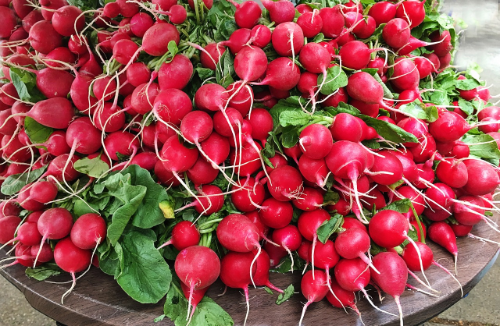
Some Common Mistakes People Make When Adopting a Plant-Based Diet
Starting on a new diet always seems exciting initially. The promise of change and getting the body you’ve always dreamed off is exciting. Taking control of your health and improving it feels like an achievement. However, once most people get into the grind of things, the excitement wears off real fast as reality sets in. Sacrifices must be made. You’ll need to overcome urges and cravings while you do your best to stay true to your diet. It’s a Herculean task.
To make matters more challenging, you may be making mistakes that you’re unaware of. These errors could be impeding your progress and making things more difficult than they need to be.
The following highlights the most common mistakes that people make when they adopt a plant-based diet. Take note of what they are and avoid these pitfalls.
1. Trying to make changes overnight
There are 2 ways to start any diet. You either go all in and go cold turkey overnight… or you take the slow approach and ease yourself into the diet. There are pros and cons to each approach, but it’s always advisable to take the slow approach.
When you gradually adopt the plant-based diet, you’re giving your body time to adapt. You won’t feel as frustrated and your physiological changes will be less impactful.
2. Not reducing their consumption of sugar
Many people assume that all they need to do is avoid meat and meat by-products. Yet, they neglect an ingredient that is far worse than meat. They don’t reduce their consumption of refined sugar that is found in most processed foods.
Sugar is inflammatory to the body and your consumption of it should be minimized. Get your sugar from fruits or natural sources like honey, stevia or pure maple syrup.
3. Not planning their meals
When embarking on a plant-based diet, it’s best to plan your meals in advance. This will take the thinking out of the equation when you’re hungry. Having a meal plan means that you know exactly what to eat and you can stay focused.
4. Eating the same foods all the time
Don’t always consume the same foods that you’re accustomed to. This can lead to boredom and in some cases, nutrient deficiency. Be adventurous and try new plant-based foods that you’ve never tried before.
Sometimes, you may not need to change the foods. You just need to learn how to prepare different dishes using the same foods. This will add variety to your diet and keep you interested.
5. Not eating intuitively
Be mindful of what you eat. Even on a plant-based diet, ask yourself if you’re hungry before eating. Taste the foods. Feel the crunchiness of the vegetables in your mouth. Try and ascertain when your stomach is full and stop eating when it is slightly full.
6. Not using supplements
Get a bottle of multivitamins and minerals. You may wish to supplement with protein shakes, etc. Supplements will help to shore up an incomplete plant-based diet. You may struggle to eat broccoli or kale just for the protein. No worries. A protein shake will make up for the shortfall. Your diet is not supposed to be torturous. As I mentioned above Vitacost has great deals and discounts and it is worth checking Vitacost out for some supplements you can try out.
7. No kitchen experience
You must learn to cook if you wish to get the best out of the diet. Relying on food that you can buy is not a good option. Most food sold in restaurants focuses more on taste rather than your health. So, do your cooking at home and whip up tasty and nutritious vegetarian meals.
Avoid making these mistakes and you’ll be much more likely to succeed with the plant-based diet and reap the rewards.
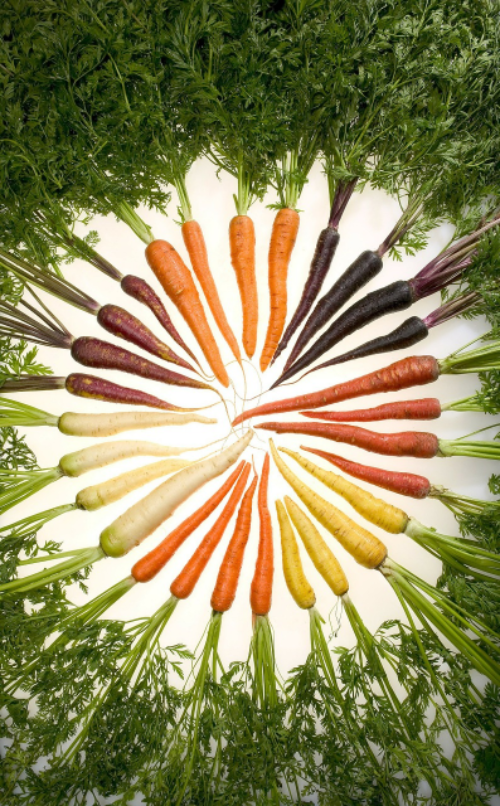
Benefits of a Plant-Based Diet
There are many reasons why someone would want to switch to a plant-based diet. They could be trying to lose weight which has been a struggle for ages with a normal diet. They might be suffering from some health issue that could be mitigated with a clean diet. Or they may just want to look and feel better.
Whatever the case may be, the plant-based diet has many benefits that can be accrued if you adopt it successfully. It may take about a month or two before you really get used to it. Making the switch from an omnivorous diet to a herbivorous one is a challenge, but it can be done.
Now let’s look at these reasons why most people will benefit from a plant-based diet.
1. More energy and vitality
Before you even see the results, you will feel it. Within the first week of being on a plant-based diet, your body will start flushing out the toxins from your body. Many people report getting the flu or not feeling good during the first week or 10 days.
The reason for this is your body is ‘cleaning house’ and resetting your system. It’s a detox process that will initially make you feel worse off, but after a while, you’ll recover and feel much better than ever before.
Just remember that things take a dip first before they rise to whole new levels. Stay on course and don’t throw in the towel just because you don’t feel good in the first few days. You will find that you are more energetic and less tired once you’re on a plant-based diet. Take a look at this product Balance of Nature. Check the ingredient list for both Balance of Nature Veggies and Balance of Nature Fruits. They are great to have when you are on the Plant-Based Diet.
2. Better sleep
Many of the vegetables that you consume will be rich in magnesium and it’s considered to be ‘nature’s tranquilizer.’ Since your body is getting nutritious food that is easily digestible, your body doesn’t have to work so hard to process the foods you eat.
It’ll be well-rested, and you’ll get better sleep at night. You may find that you need even less sleep but still feel more refreshed. This is one of the major benefits of a plant-based diet and it must be felt to be believed.
3. Body functions optimally
On a plant-based diet, you’ll be getting all the micronutrients that your body craves. The vitamin A in carrots will improve your eyesight. The vitamin C will prevent colds. All the other antioxidants will help your body get rid of free radicals.
4. Reduces risks of many diseases
A plant-based diet will reduce and eliminate inflammation in your body. Inflammation sets the stage for many diseases ranging from diabetes to heart disease and even raises your risk of getting cancer.
Vegetables, grains and fruit are very healthy, and even more so if they’re organic. Meat has toxins and saturated fat that clogs up your arteries. Just avoiding meat will reduce your risks of getting many diseases.
5. Easier weight management
Of course, one of the best benefits of the lot is that you will lose your excess fat much more easily with a plant-based diet. People who have struggled to lose weight with other diets often find that their fat starts dropping once they switch to this diet.
It’s also easier to keep the weight off because if you stick to vegetables and fruit, it’s very difficult to gain weight.
Avoid processed foods, sugar and hydrogenated oils. Being on a plant-based diet gets more effective when it’s as natural as possible.
These benefits alone should tell you just how rewarding a plant-based diet is. It can seem intimidating to make the switch all at once. The best way to go about it is to gradually make changes.
Maybe make one meal in a day a plant-based one… and slowly move on to two meals and on and on, till all your meals are plant-based. Once you start feeling and looking better, you’ll appreciate just how fantastic the diet is and you’ll stick to it for life.
Disclaimer: This website is written by a regular human. I am not a Health Professional. Please get professional medical advice for your specific health needs.
